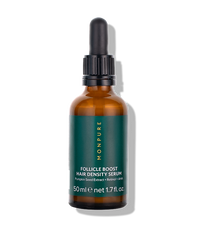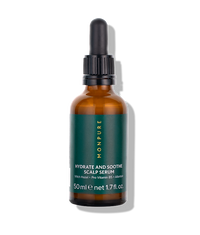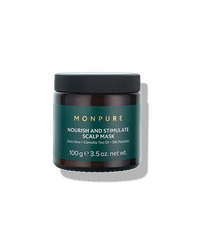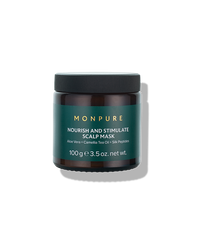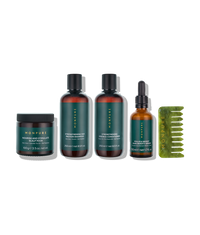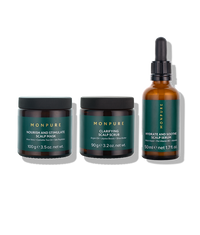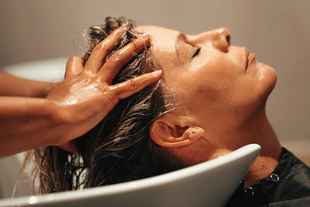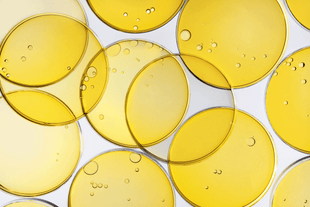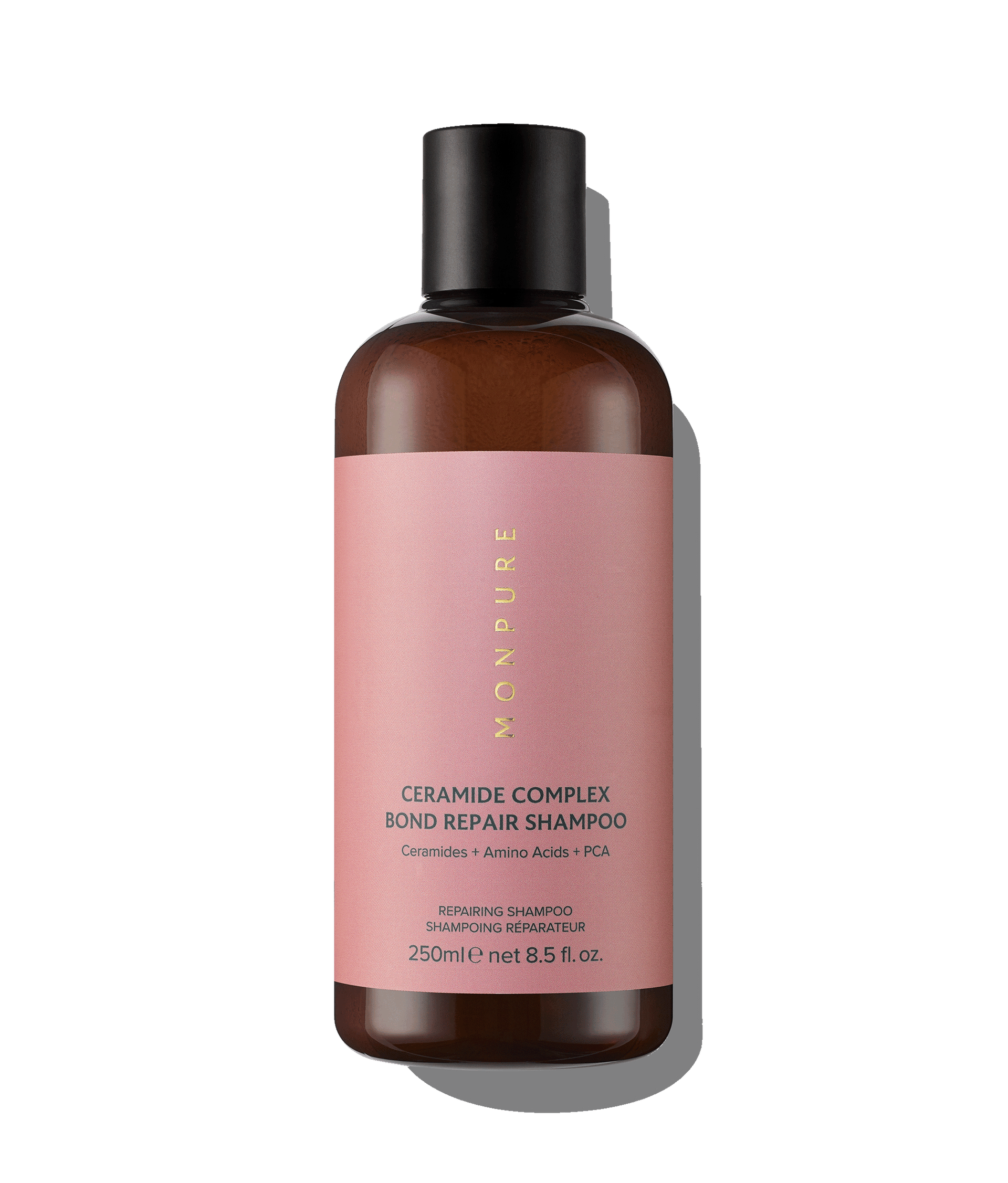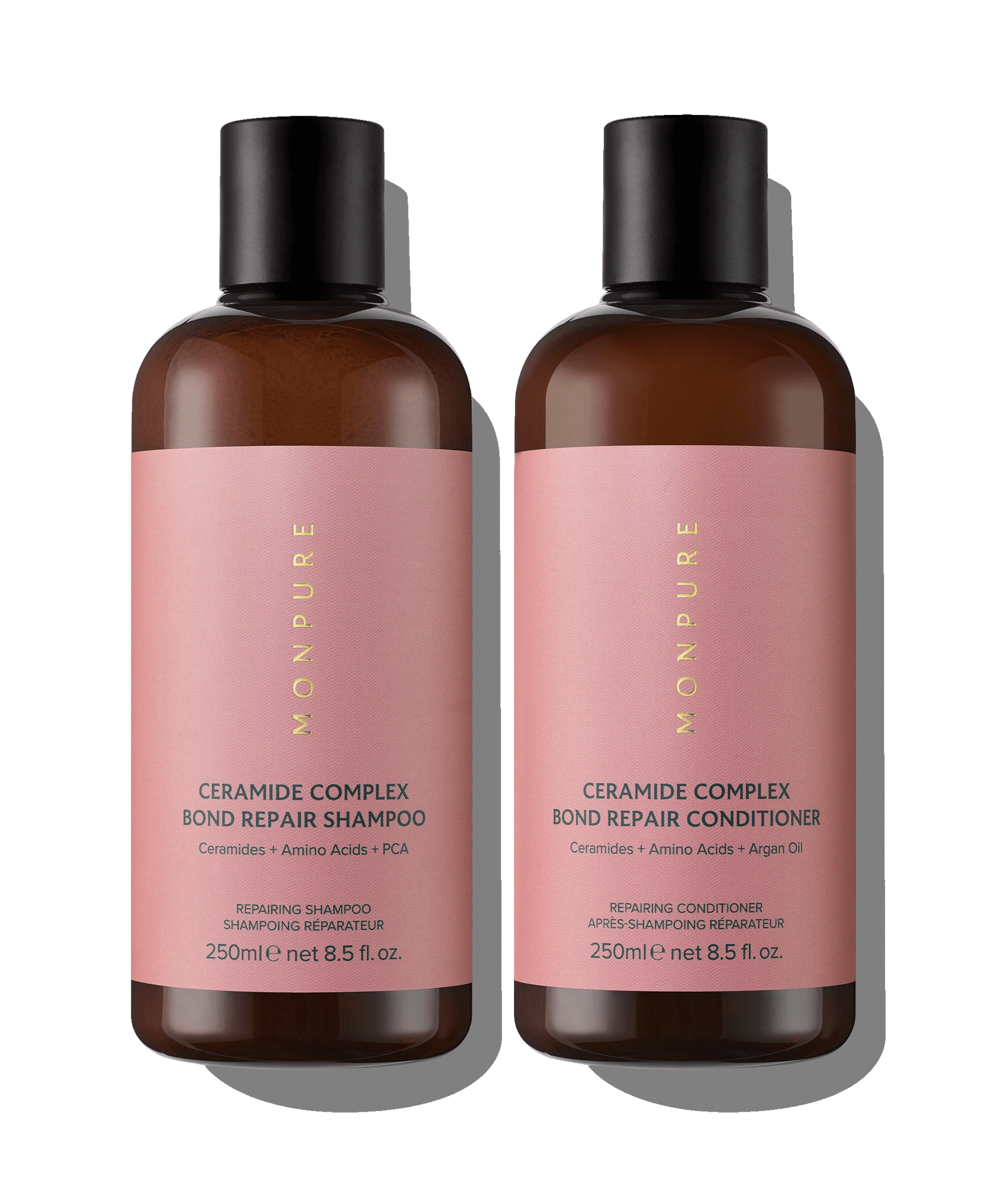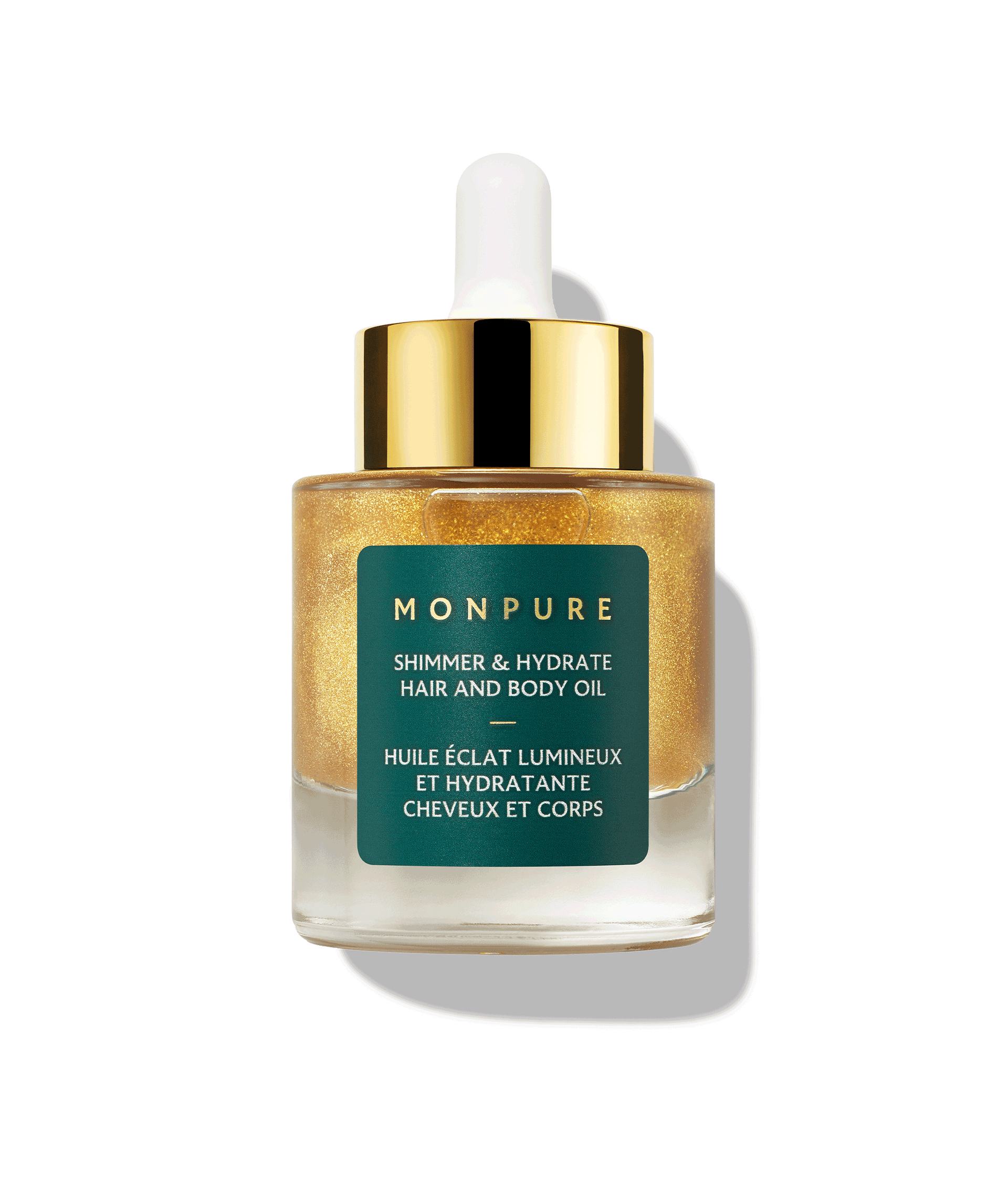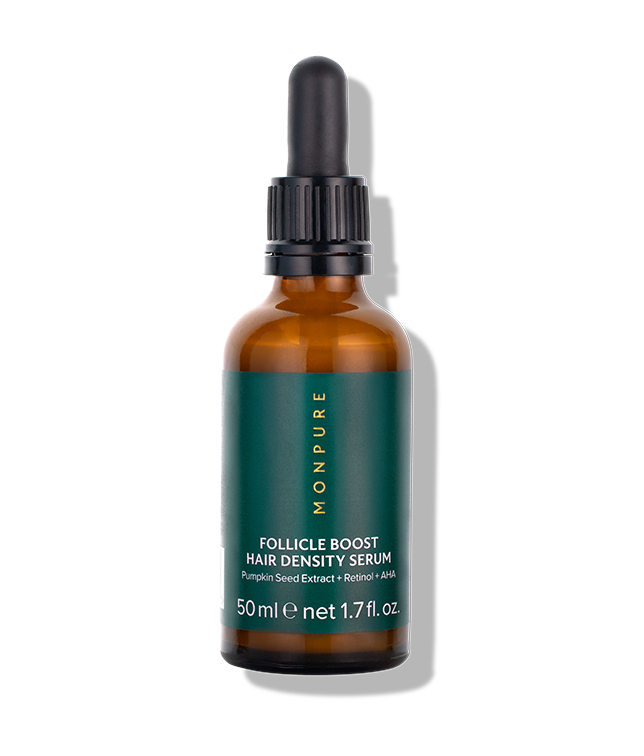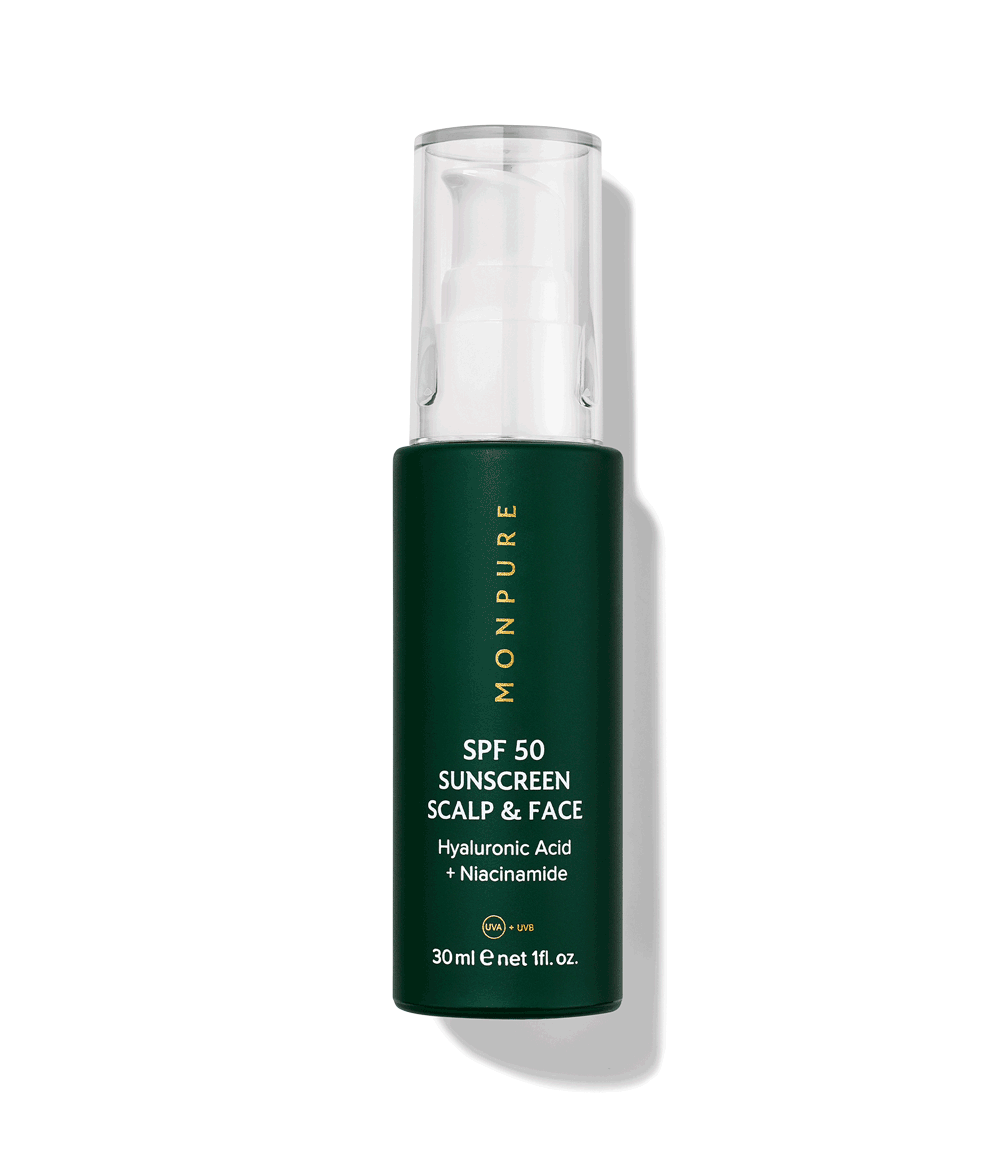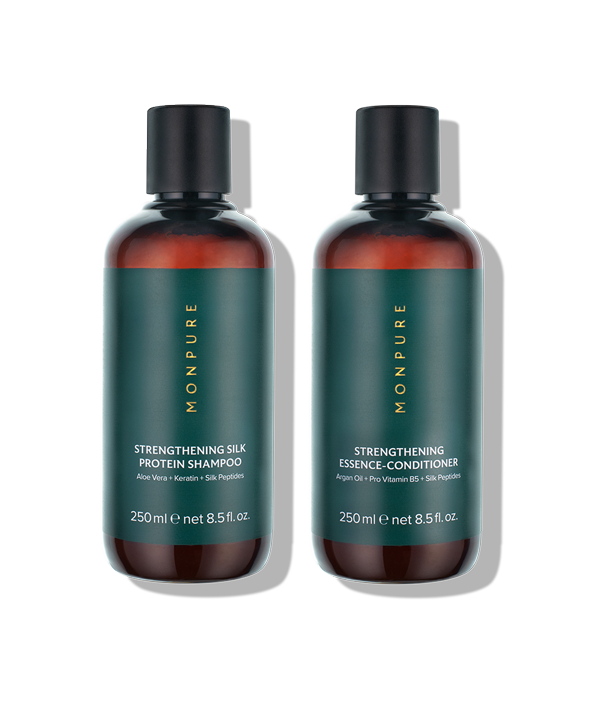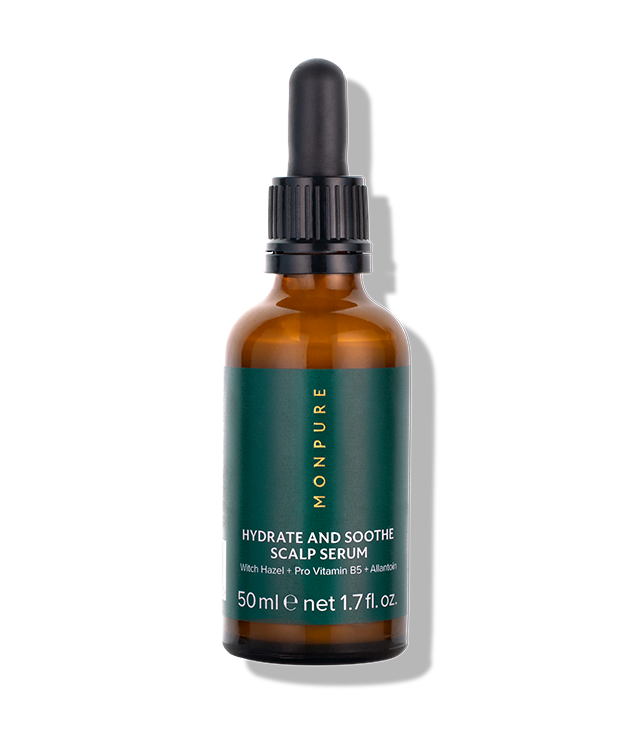What causes dry and itchy scalp?
Itchy and dry scalp conditions
Contact Dermatitis
Contact dermatitis is a common condition that involves a skin reaction caused by direct contact or allergic reaction to a substance. Dermatitis on the scalp is caused by a reaction to the harsh chemicals and ingredients in some shampoos, hair dyes or hair grooming products. When your body encounters an irritant or allergen, your immune system recruits white blood cells to the area, releasing chemical mediators of inflammation such as histamine that results in an itchy rash.
Nutritional Imbalance
An imbalance of the scalp’s flora from an overgrowth of yeast, such as Candida or Malassezia. Candida, for example, thrives in warm and moist areas, but can also be caused by an unhealthy diet of sugary and starchy foods, stress, harsh chemicals and certain medications, such as antibiotics, steroids and chemotherapy. Small cuts on the scalp may also serve as an entryway for yeast to enter the system.
Under Shampooing
Not washing your hair regularly enough can result in build-up, flakes and excess oils. Under-shampooing can lead to a myriad of issues, including folliculitis, dandruff, accumulated sebum, breakage and even hair loss.
Cold & Dry Climate, Central Heating, Hot Showers
The lack of humidity and moisture characteristic of cold and dry climates usually results in itchiness, tightness and small flakes, as well as a possible exacerbation of existing scalp conditions. Heat strips the lipids protecting the scalp, and can also break the protein bonds which make up the cuticle. Hot water also dries out the scalp, resulting in itching and flaking, as well as excess oil production and congested follicles.
Psoriasis and Eczema
Eczema, also called dermatitis, is the umbrella name for a group of conditions that cause rash-like scalp irritation. Psoriasis is a chronic, non-contagious inflammatory and autoimmune skin condition that can affect the skin, including the scalp. It is caused by the rapid overproduction and build-up of skin cells, in which the immune system mistakenly sends signals to these skin cells to multiply too quickly. Scalp psoriasis can affect the scalp, hairline, and may even creep up the nape of the neck and around the ears.
Hard Water
Hard water refers to water that contains a high percentage of the minerals calcium and magnesium, and even traces of metallic elements. Hard water can impede the health of the scalp and hair. The buildup of minerals found in hard water produces a film on the scalp, making it difficult for moisture to penetrate, blocking follicles, leading to itchiness and inflammation. Additionally, hard water lifts the cutle, compromising it’s integrity.
Read more about the impact of hard water on scalp and hair health here.
Hormones and Itchy Scalp
Menopause
Due to the drop in oestrogen that occurs during menopause, the body produces less collagen, an essential building block of the skin. Oestrogen also contributes to the natural oil-balance of the scalp. A lack of collagen and natural oils can result in an irritated, itchy scalp.
Menstrual Cycle
Hormonal shifts during the menstrual cycle, namely the sudden decrease in oestrogen, can lead to an oilier scalp, which in turn can produce flaking and itching, especially if one is predisposed to scalp conditions. Women’s skin is also generally more sensitive during menstruation, which may extend to the scalp.
Post-Partum
Postpartum hormonal fluctuations, in which oestrogen and progesterone levels drop dramatically, cause the scalp to become oilier, which can produce flaking and itching. The hormonal shift is comparable to a menstrual cycle, whereby there is a sudden drop in oestrogen, a hormone which supports scalp health and hair growth.
Stress
Stress increases the level of the hormone cortisol in our bodies. This has a direct effect on the health of the scalp and follicle. Cortisol disrupts the skin’s barrier function, as well as cell production, triggering flakes, inflammation and irritation on the scalp. Cortisol also compromises the body’s immune system, allowing yeast such as Candida or Malassezia to thrive and flare-up.
Product Build-up
Product build-up refers to the accumulation of product residue on the scalp. Waxy styling products, heavy oils, dry shampoo and products with film-forming ingredients such as silicones are usually the biggest culprits. Over time, these bonding ingredients produce a moisture-impenetrable coat on the hair and scalp, causing dryness and irritation.
Excessive Shampooing
Too-frequent washing can cause a dry and itchy scalp for some. This usually occurs when shampoo contains stripping ingredients such as sulphates, that strip the scalp and hair and scalp of their natural oils. This results in an over-production of sebum to compensate, as well as a dehydrated scalp.

